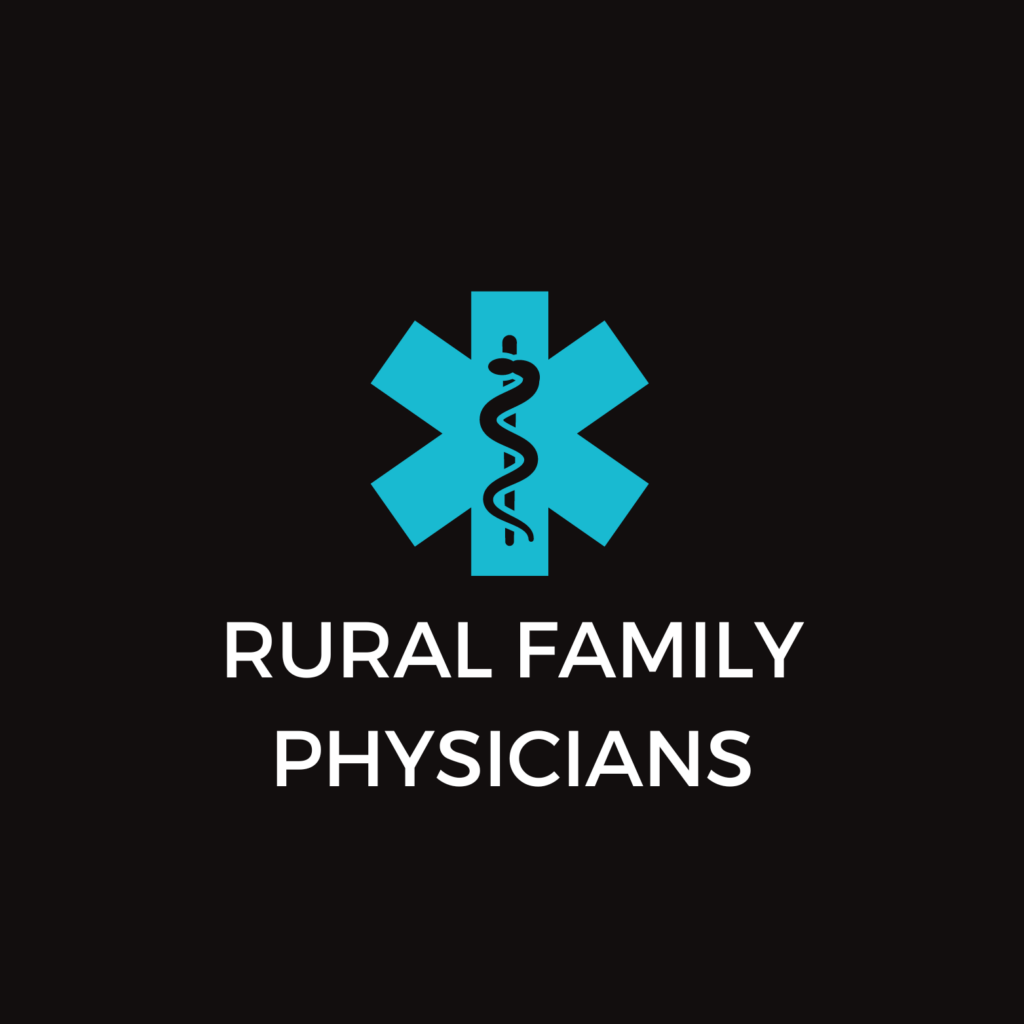New AHRQ evidence-based guide helps implementation of health assessments in primary care settings
0 Comments
AHRQ has published an evidence-based guide designed to help primary care doctors, nurses and other staff successfully select, adopt and implement health assessments, which help primary care providers evaluate a patient’s health status and risks. The information is used to identify potentially problematic but treatable health behaviors and factors such as anxiety, alcohol use, depression, unhealthy eating and sedentary lifestyle that patients often don’t bring up during a medical visit.
Research shows that many patients do not receive an assessment of health risks or a plan to address those risks. However, the Affordable Care Act authorizes Medicare coverage of annual wellness visits and specifies that a health risk assessment be included as part of those visits.
The AHRQ guide, Health Assessments in Primary Care: A How-to Guide for Clinicians and Staff, provides evidence-based methods to implement health risk assessments and ultimately to engage patients in making lifestyle changes to improve their health. It employs the best current evidence for successful implementation of health assessments in the primary care setting and includes tools to help clinicians decide which health assessments to use, how to integrate them into their daily workflow and how to maintain the process. The guide is designed for practices that use electronic health records as well as those that use paper charts. The guide gives clinicians sample health assessment questions for seniors, adults, adolescents and children. It also provides a crosswalk of health assessments related to incentive and quality programs. Sample health assessment information for patients and a patient feedback survey are included.



